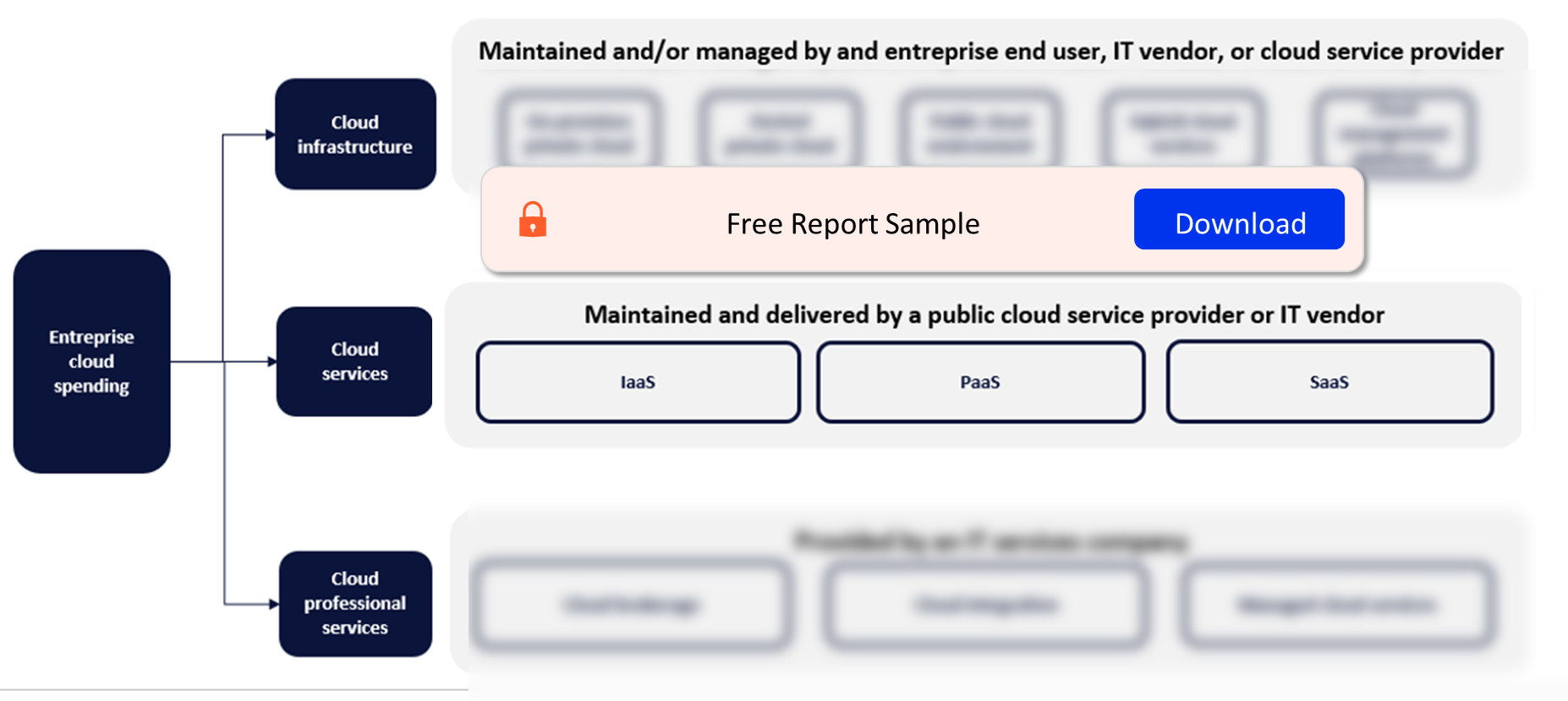While the adoption of cloud computing in the medical market offers numerous advantages, it also presents several challenges. Addressing these obstacles is crucial to ensure the secure and effective use of cloud technology in healthcare.

Buy the Full Report for More Insights on The Cloud Computing Value Chain
Here are some of the key challenges and potential solutions:
1. Data Security and Privacy:
Challenge: Protecting sensitive patient data is paramount, and healthcare providers must ensure compliance with regulations such as HIPAA. Storing data in the cloud raises concerns about data breaches and unauthorized access.
Solution: Implement strong encryption protocols and access controls to secure patient data in the cloud. Choose cloud service providers with a proven track record in healthcare data security and privacy compliance. Regularly audit and monitor the security measures to maintain data integrity.
2. Interoperability Issues:
Challenge: Healthcare IT systems often lack interoperability, making it difficult to share and exchange data between different platforms and providers. Cloud adoption can exacerbate this challenge.
Solution: Invest in cloud solutions that offer strong interoperability features and open standards for data exchange. Promote the use of healthcare data standards like HL7 and FHIR to ensure data compatibility across different systems.
3. Connectivity and Downtime:
Challenge: Reliance on internet connectivity and cloud servers can lead to downtime, potentially disrupting critical healthcare services.
Solution: Implement backup connectivity solutions to minimize downtime during internet outages. Choose cloud providers with robust service level agreements (SLAs) to ensure minimal downtime. Consider hybrid cloud solutions that combine on-premises and cloud resources for greater resilience.
4. Data Migration and Integration:
Challenge: Transitioning from legacy systems to the cloud can be a complex and time-consuming process. Ensuring the seamless integration of existing data and workflows is a significant challenge.
Solution: Carefully plan data migration and integration processes, involving all stakeholders. Work with cloud service providers who specialize in healthcare data migration to minimize disruptions and ensure data integrity during the transition.
5. Cost Management:
Challenge: While cloud computing can offer cost savings, it's important to manage cloud expenses effectively. Unexpected overages and hidden costs can strain healthcare budgets.
Solution: Implement cost management strategies, such as optimizing cloud resources, monitoring usage, and using cloud cost management tools. Develop a clear understanding of pricing structures and regularly review cloud spending to identify cost-saving opportunities.
6. Compliance and Regulation:
Challenge: Healthcare is subject to strict regulatory requirements and compliance standards. Adhering to these regulations while using cloud services can be challenging.
Solution: Choose cloud providers with experience in healthcare compliance and certifications, such as HIPAA compliance. Establish clear policies and procedures for data handling, retention, and auditing to meet regulatory requirements. Regularly update compliance practices to align with evolving regulations.
7. Data Backup and Recovery:
Challenge: Data loss and recovery in the cloud can be challenging. Ensuring that healthcare data is consistently backed up and can be recovered quickly is crucial.
Solution: Implement robust data backup and recovery processes, including automated backups and testing of data recovery procedures. Utilize cloud-based disaster recovery solutions to ensure data availability in case of system failures or data loss.
In conclusion, overcoming the challenges in cloud computing in the medical market requires a combination of robust security measures, interoperability efforts, careful planning, cost management, compliance practices, and data management solutions. By addressing these challenges effectively, healthcare providers can harness the benefits of cloud computing while ensuring the secure and efficient delivery of healthcare services.


